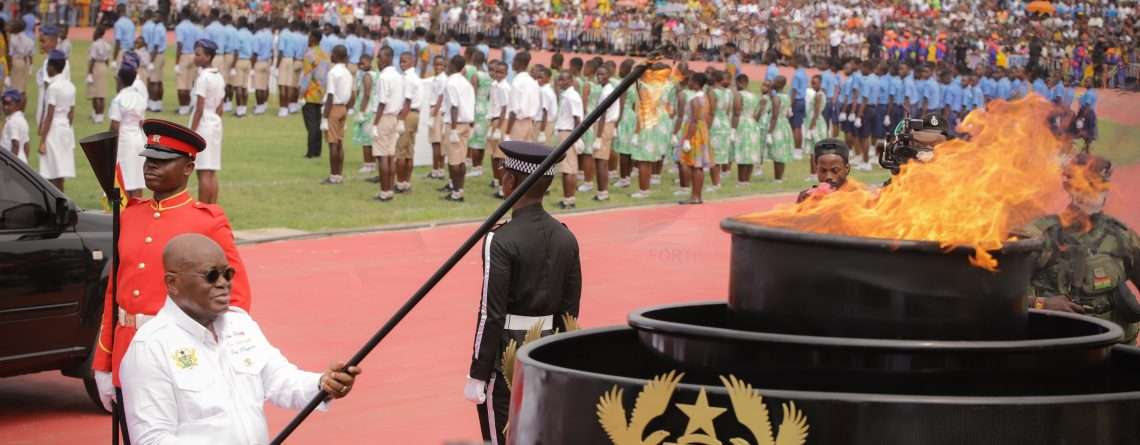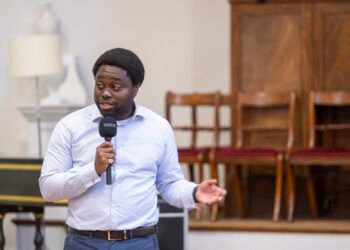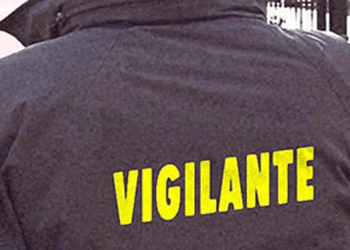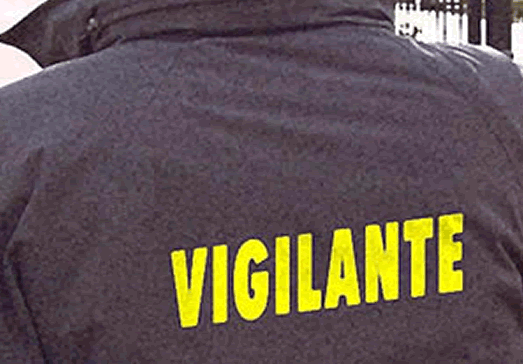6th of March is a very significant date on Ghana’s calendar as it reminds Ghanaians of their Independence. It involves military parades, match pass by students, workers, and other security services and a host of other activities in the official line-up. The President delivers the keynote address but occasionally, the guest of honour also gives a solidarity message. It is a day ear marked for celebration and reflection on the country’s past and future but these days, it creates a debate on its origin and identity rather.
Ghanaians are proud to be the first Sub-Saharan country to end colonial rule. They further take pride in their contribution towards liberating others across the continent. Indeed, on the eve of independence, Dr. Nkrumah declared that “The independence of Ghana is meaningless until it is linked to the total liberation of Africa.”
When discussions on the country’s anti–colonial struggle arises, it attracts heated debate across the political space. Ideologically, the left and center left of the political spectrum believe that Ghana has a founder, and that credit should be given to Dr. Kwame Nkrumah who led the country to independence.
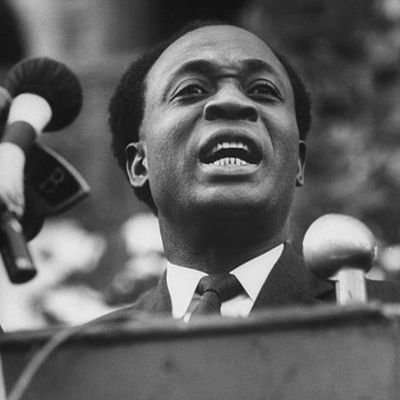
Others on the right and center right, specifically the Danquah–Busia political tradition, now represented by the ruling New Patriotic Party, argue that the country has founders’ namely those anti colonial leaders who championed the fight for independence and are collectively known as the Big Six. They insist that no individual should be accorded that honour.
Dispute over Accolades
Having eclipsed the Convention People’s Party of Nkrumah as the standard bearer of the political left in this fourth republican, arguably, the main opposition National Democratic Party considers itself as the custodian of the Osagyefo’s legacy.
In 2009, the NDC’s administration declared September 21, Nkrumah’s birthday as Founder’s Day and a public holiday. This didn’t sit well with the NPP and as such it vowed to scrap the holiday upon assumption of power. President Nana Addo’s administration attempt to cancel the holiday was met with public anger.
He instead settled for a compromise, declaring 12th August, the founding date of the United Gold Coast Convention (UGCC) as founders’ Day. UGCC was the maiden political party in the country and even responsible for Nkrumah’s return to the then Gold Coast.
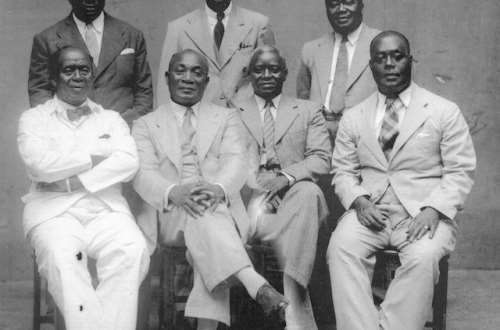
Furthermore, the NPP undid the 1st of July as a public holiday which celebrated to mark Ghana’s attainment of republican status from Britain in 1960. The situation has led to a plethora of books and other publication on the anti-colonial struggle to be churned out by both camps.
These materials and their historic variances result in difficulty of grasping some aspects of Ghana’s history by the younger generation. Thus, it undermines efforts towards creating a peculiar Ghanaian identity.
Beyond the Horizon
The argument over “founder” and the position of apostrophe, whether before the “S” or After “S” shows difficult it is to get consensus on national issues in Ghana. The entrenched position taken by both sides have not helped matters either.
Viewing national history through partisan lens is detrimental to national interest. This leads to a situation where government and its officials will factor their party’s interest over a national one.
The anti- colonial struggle did not start with the Big Six as others paved the way for them. We have the likes of Nii Kwabena Bonnie III Osu Alata Mantse, who organized the 1948 boycott.
We can also cite John Mensah Sarbah of the Aborigines’ Rights Protection Society who travelled to Britain to challenge the Crown Lands Bill of 1896 and the Lands Bill 1897. This twin bills would have dispossessed the indigenes of the Gold Coast ownership and control of their lands.
In this regard too, the three ex-service men by name Sergeant Adjetey, Corporal Attipoe and private Odartey Lamptey who were shot and killed on their way to Christiansburg Castel to submit a petition to Governor over the plight of the de-mobilized soldiers who fought for the British in Burma cannot be overlooked.
Single handedly, this riot and its consequences shook the foundation of the colonial administration and hasten the pace towards independence.
The Need for Consensus
Interestingly, the independence struggle has a long list of participants, and not everyone can be honoured or mentioned. Moreso, the contributions also vary; some were minimal, and others were substantial. In some instances, the sacrifices and contributions were intended and calculated like that of the Big Six.
That said, as a country, Ghanaians must revisit the past with a sense of urgency and establish a consensus on history that would enable the younger generation to look at the past for inspiration with pride and confidence to carve a distinct Ghanaian identity in an ever-changing global world.
READ ALSO: Mahama Commended For Presumptively Retaining Naana Opoku Agyemang As Running Mate

